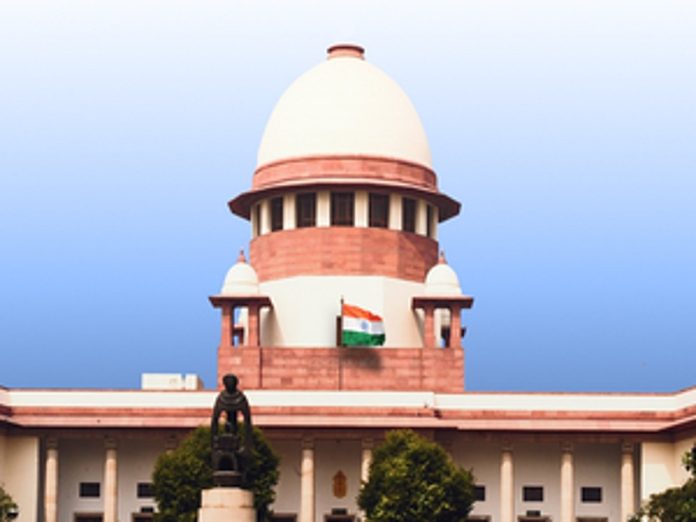The Supreme Court on Monday declined to entertain a fresh petition challenging the recent amendments made to the Waqf Act, 1995. The bench, led by Chief Justice of India Sanjiv Khanna, advised the petitioner to file an intervention application in the existing petitions already being heard concerning the Waqf (Amendment) Act, 2025.
On April 17, the bench had identified five writ petitions as lead cases and directed that all other similar pleas be treated as intervention applications. It also instructed the court registry to rename the matter as “In Re: The Waqf (Amendment) Act, 2025”.
Justices Sanjay Kumar and K.V. Viswanathan, also on the bench, granted a week’s time to the Centre, state governments, and various Waqf Boards to submit their preliminary responses.
During the hearing, the Union government assured the court that it would not de-notify provisions concerning ‘waqf by user’ or include non-Muslims in Waqf Boards.
The case has been posted for a preliminary hearing on May 5, during which interim orders may be issued if necessary.
In a preliminary affidavit, the Centre defended the amendments, stating that the changes were necessary to curb misuse of the Waqf law, which had reportedly led to encroachments on government and private properties. Citing data, the government noted a 116% rise in waqf-designated areas since the 2013 amendment.
The Ministry of Minority Affairs pointed out that many Waqf Boards had been functioning with little transparency, with several failing to publicly disclose full property details.
The affidavit emphasized that the new provisions—Sections 3A, 3B, and 3C—aim to address these longstanding issues, including arbitrary designation of public and private lands as waqf properties.
The Centre maintained that the Waqf (Amendment) Act, 2025, is focused on enhancing administrative efficiency, transparency, and governance within waqf institutions, without interfering in core Islamic religious practices. It highlighted that the right to religious endowment remains unaffected and the roles of mutawallis (custodians) continue unchanged.
The government said the Act was introduced following comprehensive reviews at both executive and parliamentary levels to modernize the waqf framework in India.




